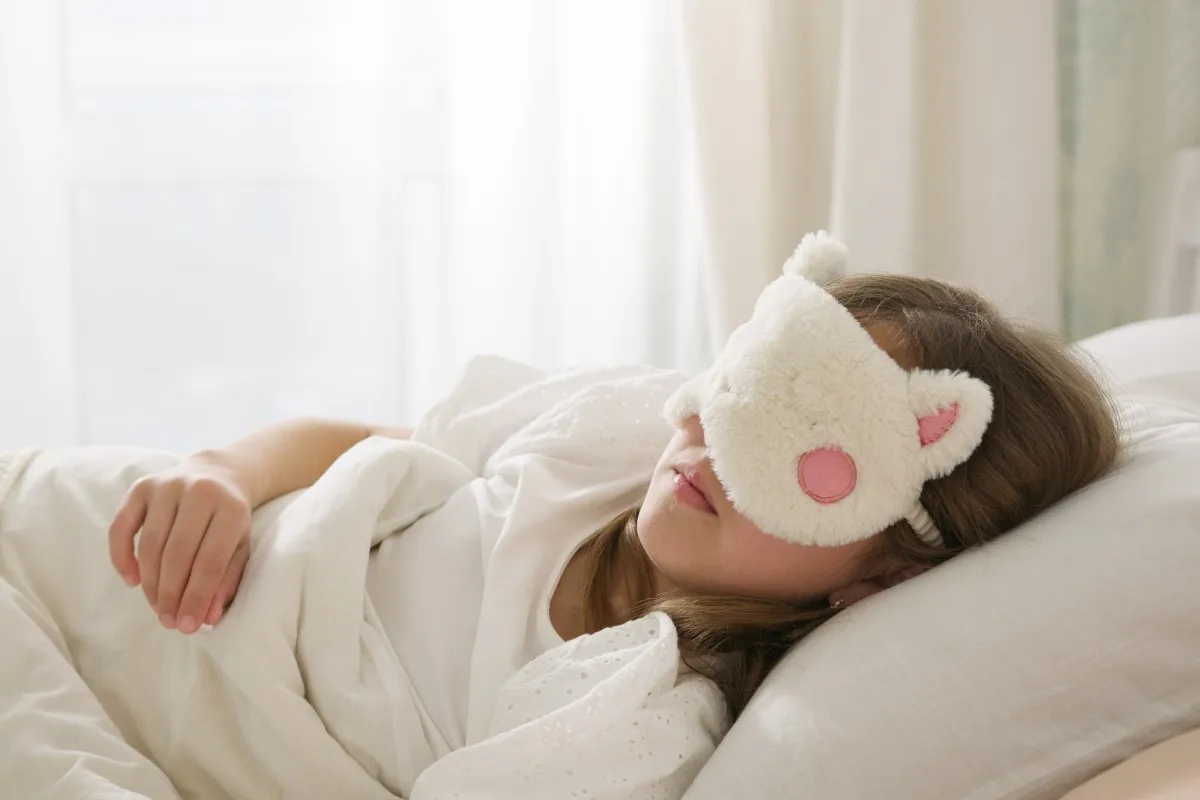If you or your partner are known to snore overnight, we’ve got some unfortunate news: scientists have linked mouth breathing during sleep with increased levels of tooth decay. Why? It involves saliva, acidity, and bacterial activation, all impacted by breathing through the mouth (with or without snoring). Here’s a breakdown of everything you need to know about snoring and tooth decay.
Snoring and Sleep-Related Breathing Disorders
We are all familiar with the distinct and unpleasant sound of snoring. There are many underlying causes of snoring, the technical explanation is that the airway is partially blocked in one way or another. As a natural part of sleeping, the soft palate muscles in the roof of the mouth relax. In some men and women, these muscles relax more than usual, causing a partial airway obstruction. The vibration produces a snoring sound when the air flows in and out of the narrowed throat passage.
Snoring can both lead to and be as a result of a sleep-related breathing disorder such as sleep apnea. Arguably the most common sleep disorder among Americans, sleep apnea can be a severe condition, in some cases leading to heart disease, diabetes, obesity, hypertension, and more. Sleep apnea is also typically accompanied by snoring. One of the first signs of sleep apnea is often excessive teeth grinding during sleep, formally known as bruxism. During an examination by a qualified and experienced dentist, the physical signs of clenching and grinding can be identified. With this information, a potential sleep apnea diagnosis can be explored, leading to an explanation and possible treatment plan for their snoring.
Snoring and Your Oral Health
Snoring is problematic for oral health because letting more air into your mouth means that your salivary glands work overtime to ensure that your mouth doesn’t dry out. This may work for a while, but with prolonged snoring, your salivary glands will eventually fall behind and stop producing saliva altogether. It also puts your mouth at risk for several common (but significant) oral health complications.
Your mouth needs consistent saliva production to ensure that your gums and teeth are adequately nourished throughout the day and night. Saliva contains vital minerals and proteins that protect tooth enamel. The minerals in saliva protect against erosion from acidic drinks and even helps remineralize enamel that has worn away.
Saliva also washes away harmful bacteria to fight back against bad breath, gum disease, and tooth decay. Without the proper saliva levels, you are at a significantly increased risk of developing periodontal disease, halitosis, dry mouth, and cavities.
Snoring and Tooth Decay Solutions
Myofunctional therapy
Myofunctional therapy is a series of simple, quick exercises that strengthen the tongue and facial muscles to correct improper muscle function. The therapy exercises focus on optimizing the tongue’s resting position, chewing and swallowing, and continuing emphasis on strengthening.
Mouth taping
Mouth taping is taping your mouth closed at night before falling asleep. People may try mouth taping because they believe that by forcing themselves to breathe through the nose, they can avoid adverse effects associated with mouth breathing. There are ways to ensure this can be done safely before jumping right in. It is important to ensure you can breathe through your nose comfortably, and also to allow breathing room on the sides of the tape if needed.
Mouthpieces and nightguards
Snorers often find relief using mouthpieces designed to reduce snoring. These devices, also called mouthguards, fall into two general categories. Mandibular advancement devices, or MADs, fit inside the mouth and push the lower jaw forward to open your airway. Tongue-retaining devices (TRDs) grip the tongue and prevent it from falling into the back of the throat, which commonly causes snoring for back sleepers.
Schedule An Appointment With Untethered Airway Health Center
When the airway is open and functioning as it should, we can sleep better and live healthier lives. We would love to answer your questions and create a proper plan if you have snoring issues. Schedule a consultation or virtual appointment with Dr. Liz Turner at the Untethered Airway Health Center. She will assess your unique situation.
Want to learn more about sleep and airway health? Check out our Ultimate Guide to Sleep-Related Breathing Disorders.
